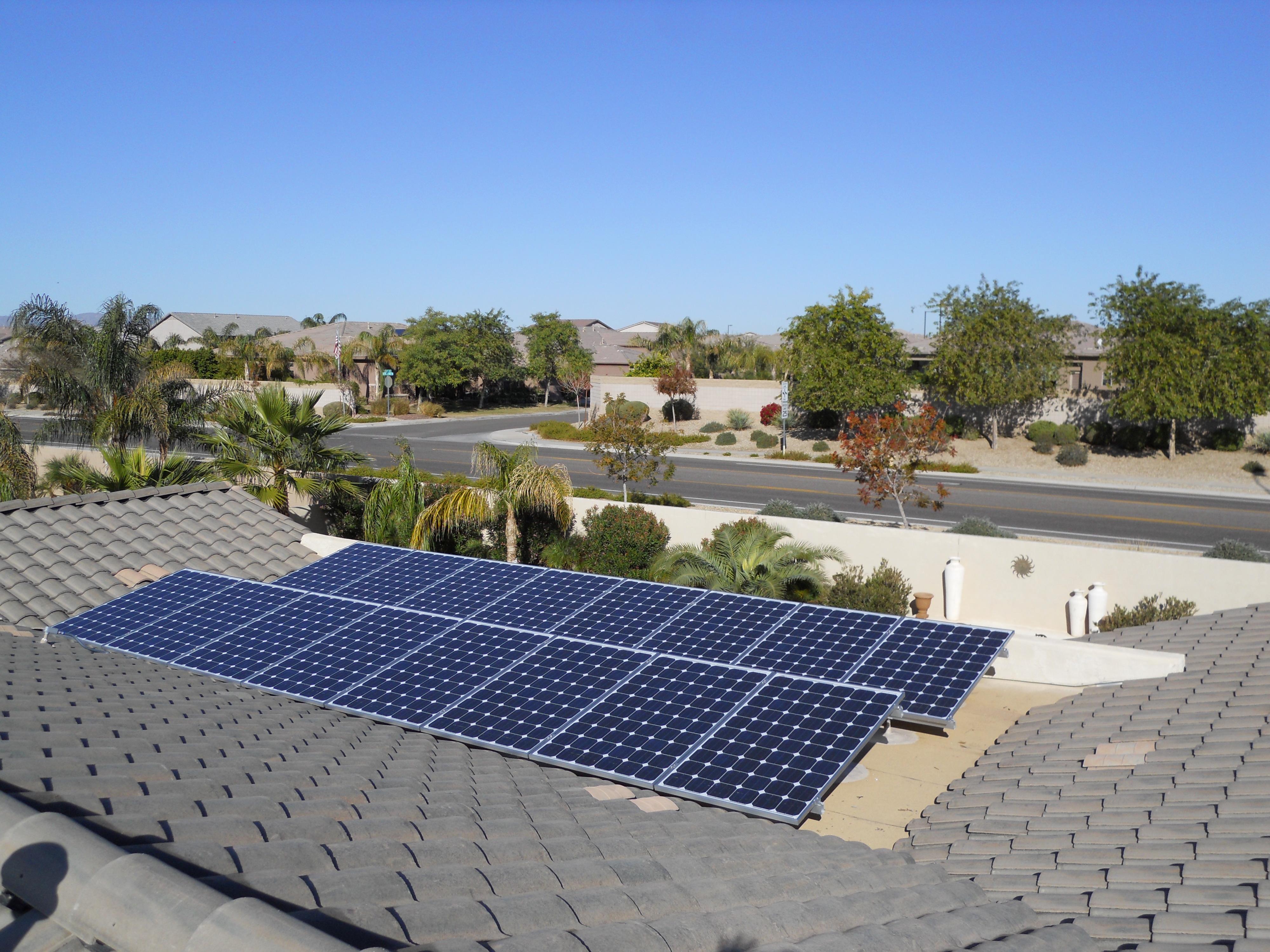Climate change in the Antarctic
08/31/2012 Leave a comment

Photo Credit Ted Scambos, NSIDC
Why is Antarctic ice not melting as fast as Arctic ice?
Response:
According to NSIDC, the National Snow and Ice Data Center, some areas in East Antarctica show some cooling and some increase in snowfall. This is not unexpected, the effect of warmer air is to increase evaporation, (water vapor rising from the Earth) , and so it also increases the amount of rain and snow.
One reason why the Antarctic has warmed less than the Arctic is that water currents and winds flow around the Antarctic from west-to-east acting like a barrier against the warmer air and water to the north. The Arctic, however, is wide open to warmer waters and air from the south.
Another factor keeping the Antarctic cool, according to recent research, is the thinning of the protective ozone layer in the atmosphere, most severe over the Antarctic. International agreements to halt production of chemicals like chlorofluorocarbons that destroy ozone, are expected to allow that hole to start repairing itself by 2020. That may increase temperatures at the Antarctic.
The Antarctic is about the size of the US and Mexico combined. Part of the Antarctic, the Peninsula, has warmed 2.5 degrees Celsius (4.5 degrees Fahrenheit) since 1950, and the West Antarctic Ice Sheet is getting thinner.
Climate scientists measure the volume and movement of ice in the Antarctic with satellite spectrometry, laser and radar altimetry, radar interferometry, ice core drilling and other really cold and dangerous hard work.
The loss of Arctic ice is like turning off an air conditioner, it magnifies the warming. Arctic ice floats on water, so it is not raising sea levels much. However Greenland and Antarctic ice is mostly land based, so it will flood ports and erode seacoasts.
There are markets for U.S. made solar panels, wind turbines, smart grids, batteries and algae fuel around the world. Now is the time for us to develop these industries for export profits and a healthy, prosperous future.
